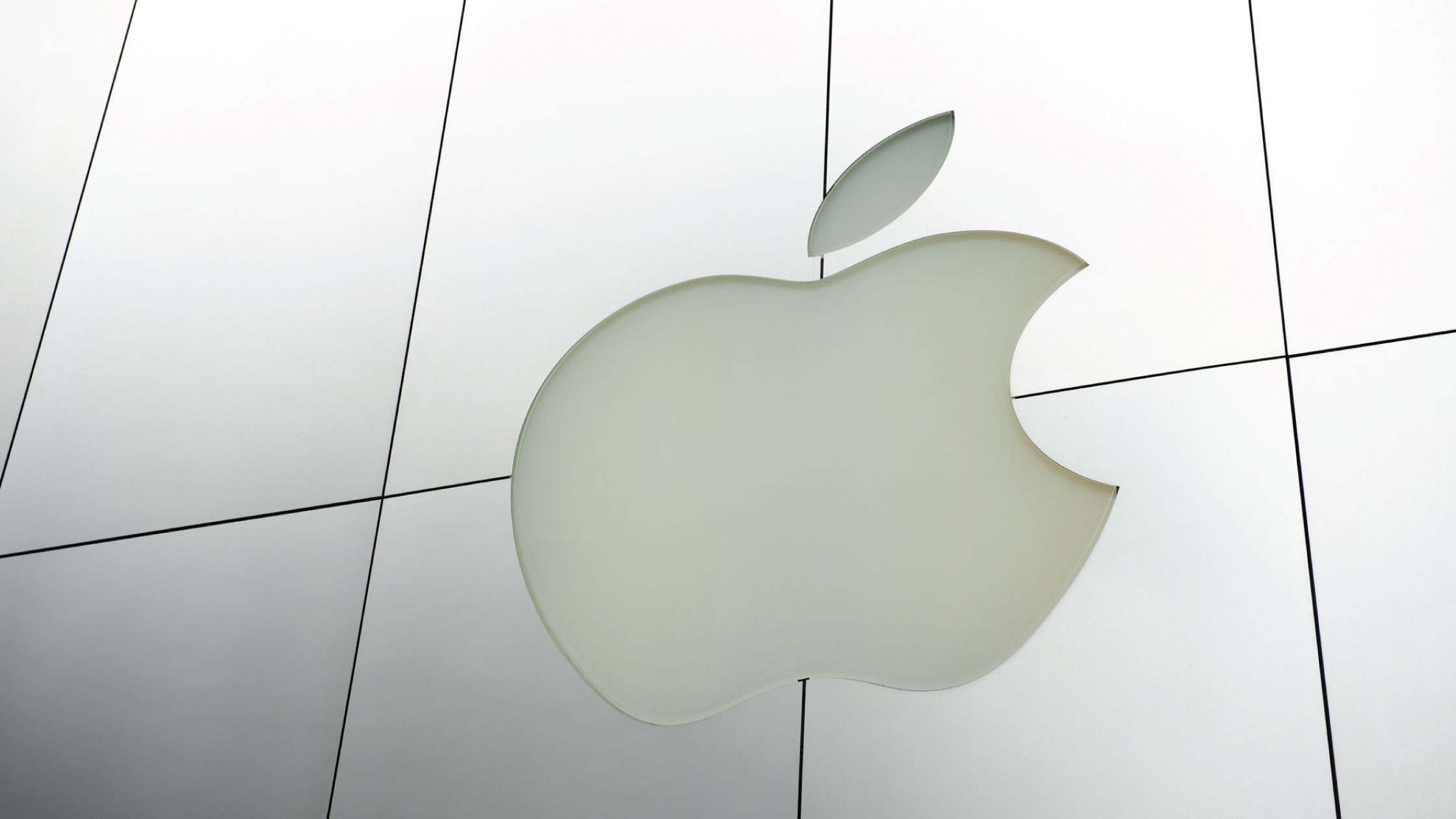Investing in Apple: Should You Jump In After Recent Earnings?
November 12, 2024

- Apple reported a record-breaking quarter but provided conservative guidance for Q1 2025.
- New AI features and a strong Services division are helping drive Apple’s long-term growth potential.
- While Apple is a tech leader, it faces challenges from iPhone dependency, competition, and global supply chain vulnerabilities.
Apple Inc. (NASDAQ: AAPL) has once again captured the market’s attention following its latest quarterly earnings report. Despite delivering record-breaking revenue of USD94.9 billion for the fourth quarter of 2024, Apple’s stock dipped around 2% after releasing a “conservative” outlook for the upcoming quarter. What’s causing the mixed reactions?
Analysts have weighed in with both cautious and optimistic perspectives, especially as Apple embarks on a new phase in its AI journey with “Apple Intelligence.” The recent dip might raise questions about Apple’s immediate growth, but its long-term potential remains strong. With promising innovations in AI and a loyal consumer base, Apple continues to be a resilient investment.
So, is now the right time for investors to consider buying Apple? Let us dive into the key insights.
What Are the Key Takeaways?
Apple’s recent earnings reveal both challenges and opportunities. Here is what you need to know:
- Record-Setting Revenue
Apple’s USD94.9 billion in revenue was a September quarter record, reflecting a 6% year-over-year growth. iPhone sales remained strong, with increased demand across all geographic regions. Apple’s Services segment also hit a new high, with USD25 billion in revenue—up 12% from the previous year.
- Cautious Outlook for Q1 2025
Despite these strong results, Apple’s guidance for the first quarter of fiscal 2025 was more conservative than expected. Revenue growth is expected to be low to mid-single digits, with some uncertainty around new product rollouts and potential supply chain issues.
- Apple Intelligence Rollout
Apple’s new AI-powered feature, “Apple Intelligence,” is being rolled out in phases, starting with system-wide writing tools, an upgraded Siri, and new photo and video features. Analysts believe this feature could drive demand in upcoming quarters, as users and developers explore its potential. Some analysts even see Apple Intelligence as a game-changer that could solidify Apple’s place in the AI-driven tech landscape.
Reasons to Invest in Apple: A Look at the Prospects
Investing in Apple offers several compelling advantages, particularly for those looking at long-term growth. Here’s why this tech giant remains a solid choice:
- Strong Financial Health
Apple’s financial performance is the backbone of its success. With USD157 billion in cash and marketable securities, Apple is in a robust position to reinvest in R&D, acquire new technologies, and reward shareholders through dividends and buybacks. For this quarter alone, Apple returned USD29 billion to shareholders, showcasing its commitment to enhancing shareholder value.
- Growth in iPhone Sales and New Innovations
The iPhone remains Apple’s primary revenue driver, with iPhone sales setting a September quarter record of USD46.2 billion. The new iPhone 16 models, powered by the advanced A18 and A18 Pro chips, continue to capture consumers’ interest with features like a 48-megapixel camera and enhanced battery life. In addition, the phased rollout of Apple Intelligence could create new incentives for users to upgrade, especially as more features become available in 2025.
- Rising Services Revenue
While iPhones may grab headlines, Apple’s Services division is quietly becoming a powerhouse. Services include everything from the App Store and Apple Music to iCloud and Apple TV+, and this quarter’s revenue of USD25 billion marks an all-time high. With over 1 billion paid subscriptions across its ecosystem, Apple has a growing stream of recurring revenue, making it less dependent on product sales alone. This diversification can provide a cushion against economic downturns and helps balance Apple’s revenue streams.
- Apple Intelligence and AI Potential
Apple’s move into AI with Apple Intelligence is an exciting development. Unlike other tech companies, Apple’s AI approach emphasizes privacy, with features like Private Cloud Compute, which processes data in a way that protects user privacy. Apple Intelligence includes improved Siri functionality, advanced photo and video editing, and more personalized notifications. These features not only enhance the user experience but could also encourage users to stay within the Apple ecosystem, driving long-term loyalty and revenue.
- Environmental and Social Initiatives
Apple has set ambitious goals to reduce its carbon footprint, including making its entire product lineup carbon-neutral by 2030. With environmentally friendly products like the carbon-neutral Mac mini and Apple Watch, the company is positioning itself as a responsible leader in tech. This focus on sustainability resonates with today’s eco-conscious consumers and could make Apple a preferred choice among ethically minded investors.
Key Risks to Consider
While Apple is undoubtedly a tech leader, there are some risks that potential investors should be aware of:
- Conservative Guidance and Slower Growth: Apple’s cautious outlook for Q1 2025 suggests that management may be bracing for a period of slower growth. This conservative guidance could reflect Apple’s concerns about the broader economic environment, consumer spending patterns, or potential supply chain disruptions. Investors should be prepared for the possibility of modest growth in the coming quarters.
- Dependence on iPhone Sales: While Apple has successfully diversified into services, the company remains heavily reliant on the iPhone for revenue. Any disruption in iPhone demand—whether due to competition, economic factors, or a slow upgrade cycle—could significantly impact Apple’s overall performance. The introduction of new features like Apple Intelligence may help maintain demand, but there’s no guarantee that the iPhone’s dominance will continue indefinitely.
- Intense Competition in AI: Apple Intelligence is an exciting development, but Apple faces stiff competition from other tech giants in the AI space, including Google, Amazon, and Microsoft. These companies have made massive investments in AI, and Apple will need to innovate continuously to keep pace. Although Apple’s focus on privacy sets it apart, it remains to be seen if this strategy will resonate as strongly with consumers as AI offerings from competitors.
- Geopolitical and Regulatory Risks: Apple’s global operations, especially its significant footprint in China, expose it to rising geopolitical tensions. With Trump’s return to the White House, the potential for heightened tariffs and US-China trade conflicts could impact Apple’s supply chain and profitability. Additionally, as Apple expands in AI, it may face intensified scrutiny over privacy and antitrust regulations, particularly from the European Union, where regulators are increasingly challenging Big Tech’s influence.
- Supply Chain Vulnerabilities: Although Apple has a well-managed supply chain, the global semiconductor shortage and other disruptions have shown that no company is entirely immune to supply chain risks. Any issues in production or logistics could affect Apple’s ability to meet demand, especially for high-margin products like the iPhone 16 Pro.
Should You Invest in Apple?
Apple remains a global powerhouse with a proven track record of innovation, strong brand loyalty, and robust financials. Despite the recent stock dip following its cautious guidance, Apple’s long-term growth story appears solid, supported by the rollout of Apple Intelligence and ongoing growth in its Services segment. For long-term investors, this could be an opportune time to consider adding Apple to their portfolios, especially if they’re comfortable holding through some potential short-term volatility.
Disclaimer: ProsperUs Head of Content & Investment Lead Billy Toh doesn’t own shares of any companies mentioned.

Billy Toh
Billy is deeply committed to making investment accessible and understandable to everyone, a principle that drives his engagement with the capital markets and his long-term investment strategies. He is currently the Head of Content & Investment Lead for Prosperus and a SGX Academy Trainer. His extensive experience spans roles as an economist at RHB Investment Bank, focusing on the Thailand and Philippines markets, and as a financial journalist at The Edge Malaysia. Additionally, his background includes valuable time spent in an asset management firm. Outside of finance, Billy enjoys meaningful conversations over coffee, keeps fit as a fitness enthusiast, and has a keen interest in technology.







